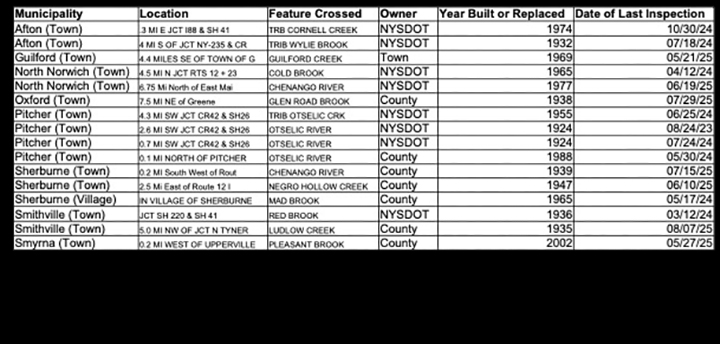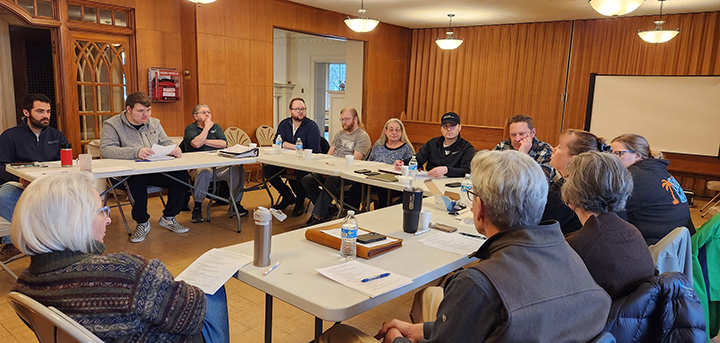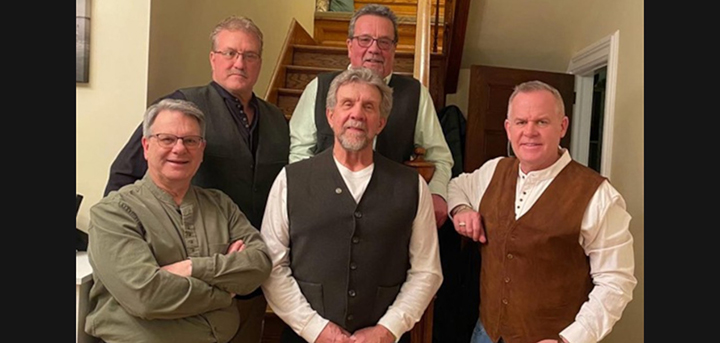Angels on the Internet
There are all sorts of hypotheses about what happens to us after we die.
Some believe that, like Clarence in “It’s a Wonderful Life,” we become befuddled angels on a quest to attain our wings. Others believe that we drift into a netherworld of ectoplasm and eerie music accessible only to spiritualists with crystal balls. Others still believe that after we draw our last breaths, we take what my friend in the Marines calls “a dirt nap.”
They are all, of course, wrong.
What really happens after we die is that we become floating particles … dust motes. We find a sunbeam that suits our fancy, hop on, and loll around in the general area of where we once lived. We don’t actually do anything once we get there; we are more like smoke hovering over a long dead campfire.
Your Uncle Harold who died at 97 after playing a game of checkers at the Carl Shultz Park … your Aunt Martha who died (or was it a homicide?) at a nursing home in Winnipeg after she bit a nurse … your cousin Marco, hit by a bolt of lightning on a golf course in Miami … your brother Max, gored to death while running with the bulls (what a stupid thing to do!) in Pamplona.











Comments